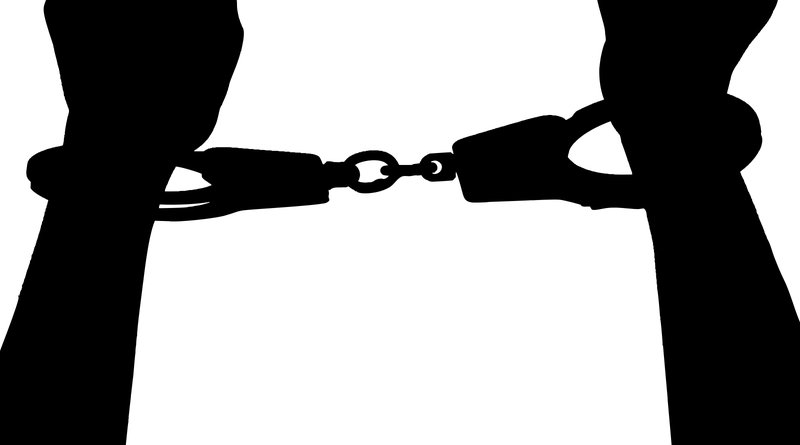Russia: Record Detentions Of Peaceful Protesters, Says HRW
Moscow police set an ominous record on July 27, 2019 by arbitrarily detaining at least 1,373 people, including about 25 children, during peaceful protests, Human Rights Watch said. The police used excessive force at the demonstrations over the exclusion of opposition candidates from upcoming city assembly elections to break up peaceful protesters and to detain them.
The protest was the latest in a series of peaceful demonstrations in Russia’s capital over the last two weeks, since the Moscow district election commission refused to include viable opposition candidates on the ballot for the September 8 vote. Despite the authorities’ refusal to authorize the rally, protesters were set to gather by City Hall on Tverskaya Street at 2 p.m. The Interior Ministry estimated the number of protesters at 3,500. Independent media assessed the number as at least 5,000.
“The government’s strong-arm response is a warning to Russians that people who take to the streets, no matter how peacefully, to demand free and fair elections will face dire consequences,” said Hugh Williamson, Europe and Central Asia director at Human Rights Watch. “Facing legitimate, peaceful public protest, the authorities use repression to face down dissent and assert control.”
Special police task forces blocked the area and some of the side streets, effectively turning the city center into a large special operations zone. They divided the crowd, forced people into side streets, and detained participants along with random passers-by.
In numerous incidents, police used excessive force, throwing people to the ground, dragging them on the asphalt, twisting their arms behind the back, and using batons. Several dozen people, including at least six journalists, sustained injuries, such as bruising, abrasions, a fractured leg, and a concussion.
A Human Rights Watch staff member who observed the scene saw police officers violently dragging people who had bloodied faces or abrasions. She also saw them swinging batons at detainees who did not put up any resistance.
The head of the election rights commission of the Russian President’s Human Rights Council, Ilya Shablinsky, described the treatment of protesters by the authorities as “demonstrative cruelty” motivated by apparent “desire to frighten and punish.” He emphasized that the government’s response “had nothing to do with protecting public safety or the safety of official agencies.”
Alexander Verkhovsky, head of the independent research group SOVA, monitored the protest along with several other members of the presidential Human Rights Council. He told Human Rights Watch that he saw police on various streets of the city center “constantly ordering people not to interfere with pedestrian flow when they [the police] had in fact totally blocked the pedestrian flow… not letting people pass on Tverskaya and neighboring streets, though these were just people doing nothing but walking.”
He said that some of the detentions he observed were “brutal,” people “thrown to the ground” and with police twisting their arms or wrists in an apparently painful way, “despite the fact that not only were they not putting up any resistance but they couldn’t possibly resist, being dragged by three-to-four riot police officers twice their size.” He also noted that many of those detained did not hold posters or shout slogans. Some did not appear to be involved in the protest.

